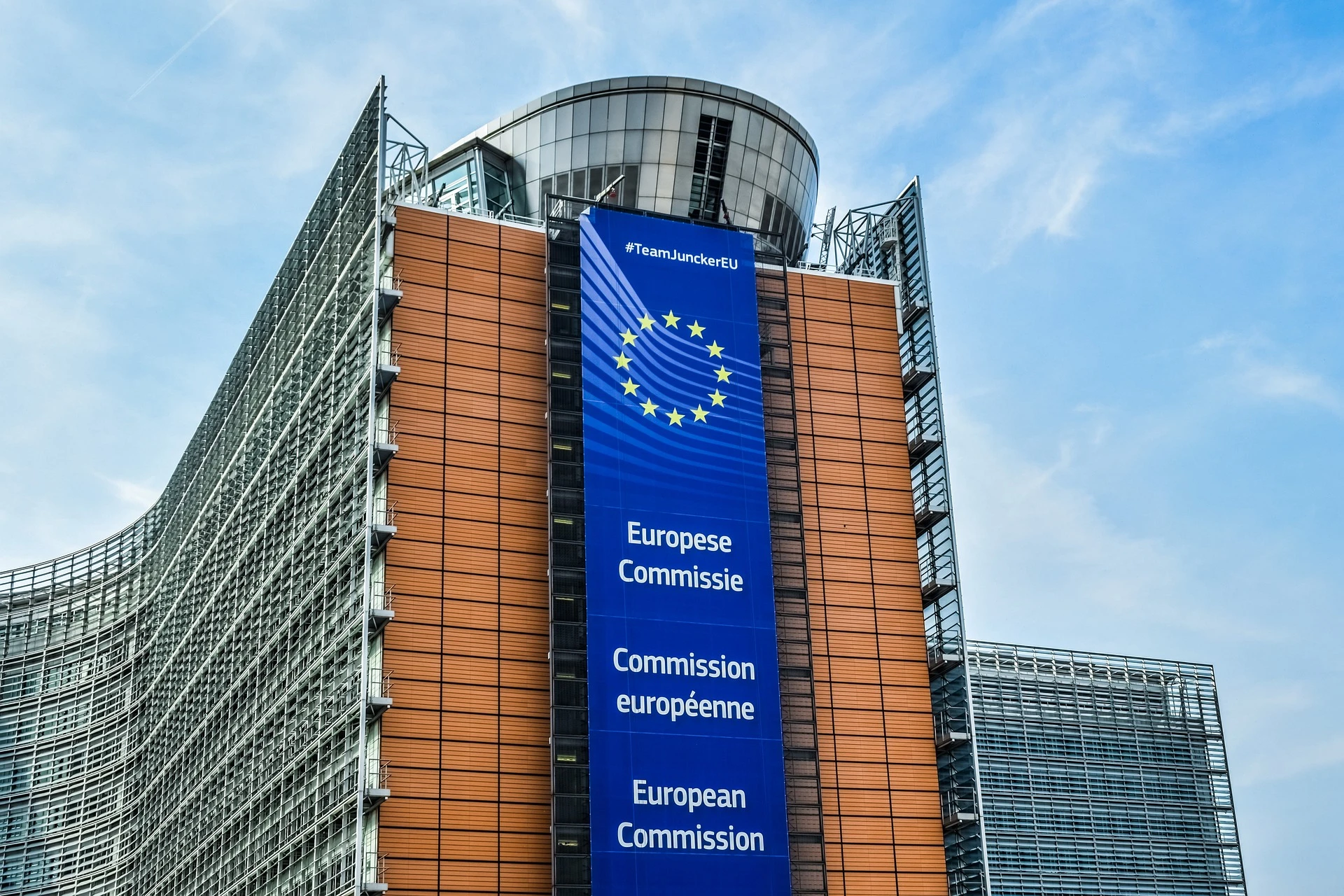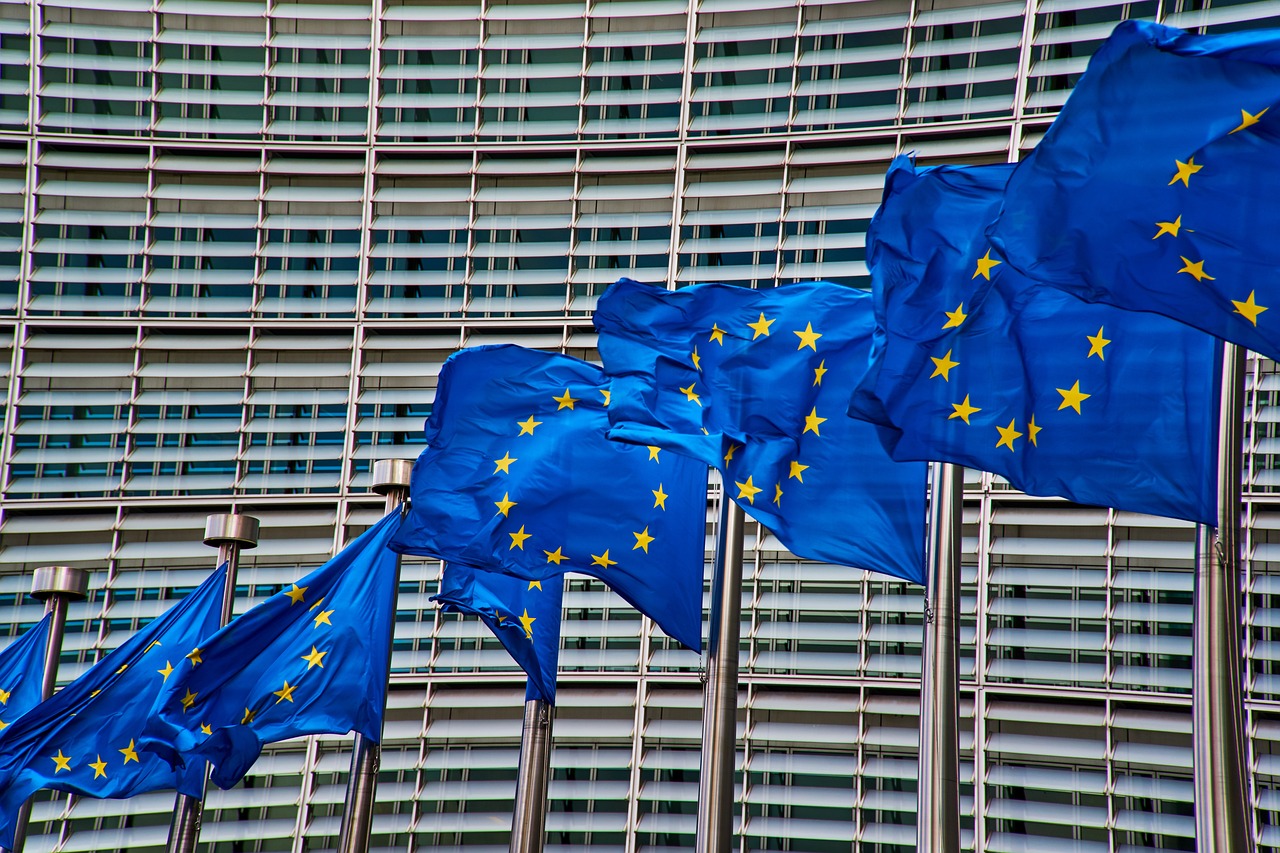European Commission to scrutinise Malta gaming bill

Bill 55 protects Malta Gaming Authority (MGA)-licensed operators from liability resulting from their gaming activities.
European Commissioner for Justice, Didier Reynders, who spoke on behalf of the Commission, said that the organisation would examine the legislation’s compatibility with EU law. As such, it has requested more information from Malta’s authorities.
Reynders was responding to a written question from German MEP Sabine Verheyen. Verheyen is a member of the Christian Democratic Union and European People’s Party.

She asked the European Commission three questions about Malta’s draft gaming bill. The first queried whether it was legal according to European law, ending with “what does the Commission intend to do about this?”.
German MEP grills Commission on Malta bill
Verheyen also asked the Commission whether it knew of any links between the government of Malta and the island’s gaming industry. She also queried if there had been any previous cases of corruption.
“The Commission has no information on possible links of individual members of the Maltese government to the Maltese gambling industry,” Reynders responded.
The German politician also questioned if sanctions were possible if it found that Malta had breached EU law.
Regarding this, she asked the Commission for its policy on infringement proceedings. This was asked according to Article 258 in the Treaty on the Functioning of the European Union. This treaty was one of the two foundational treaties of the organisation.
The Commission can take formal action against member states if they are suspected of being in violation of EU law. This is according to the treaty’s infringement proceedings section.
Reynders did not answer the questions on potential sanctions.
Controversial Malta gaming bill
Lawmakers in Malta passed the bill in June, but it needs to be approved by the European Commission in order to become law.
The proposed bill amends Malta’s gaming regulations. One proposed measure prevents courts from awarding damages to plaintiffs, where the reason for the lawsuit concerns activities permitted by the operator’s MGA licence.
The bill would also provide legal protection for operators active in the European grey market that have faced lawsuits from their gaming activities.
In some jurisdictions, notably Germany and Austria, courts have ordered operators to pay back all losses to players. However, while often victorious in these legal actions, some operators have refused payment to the courts.
The operators typically do so by citing European freedom of services. They also question whether the operator’s local licensing regimes themselves are compatible with European law.
